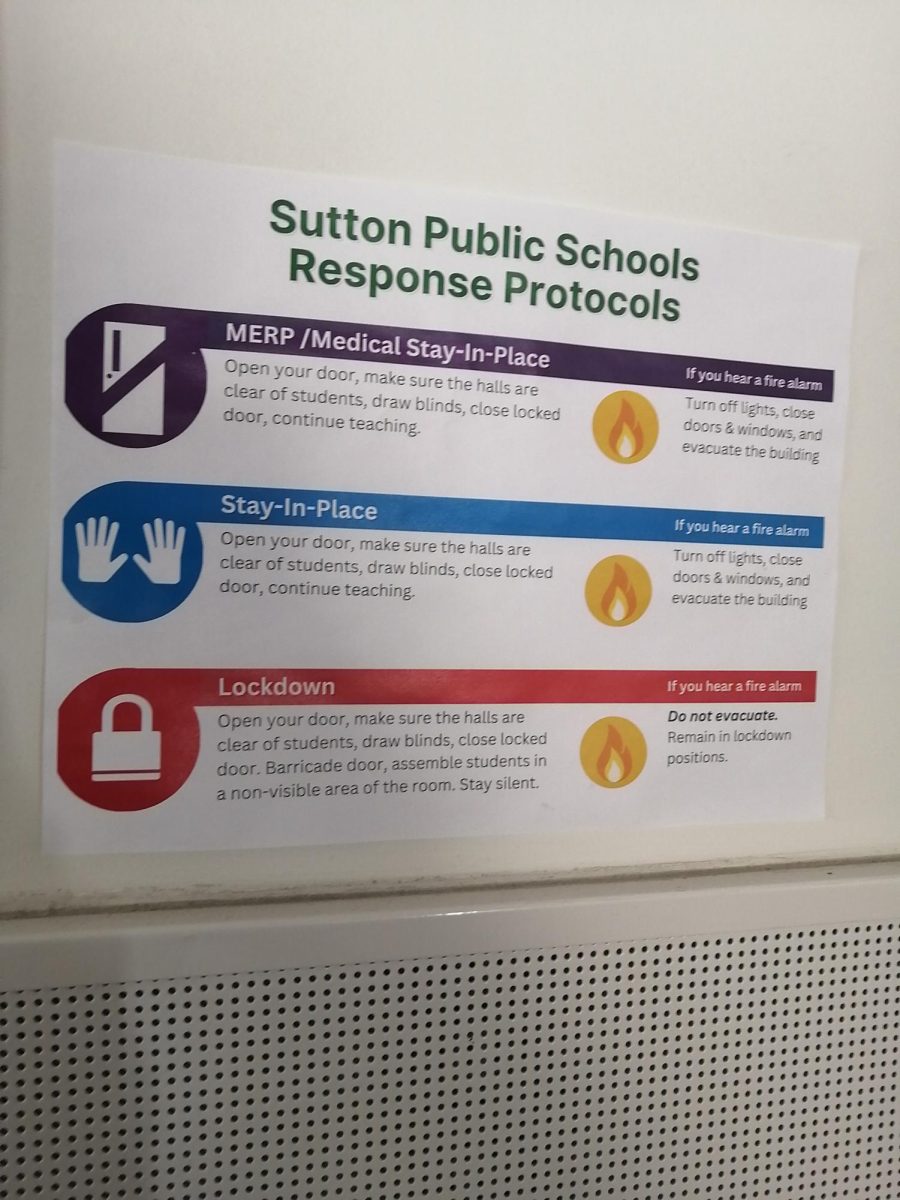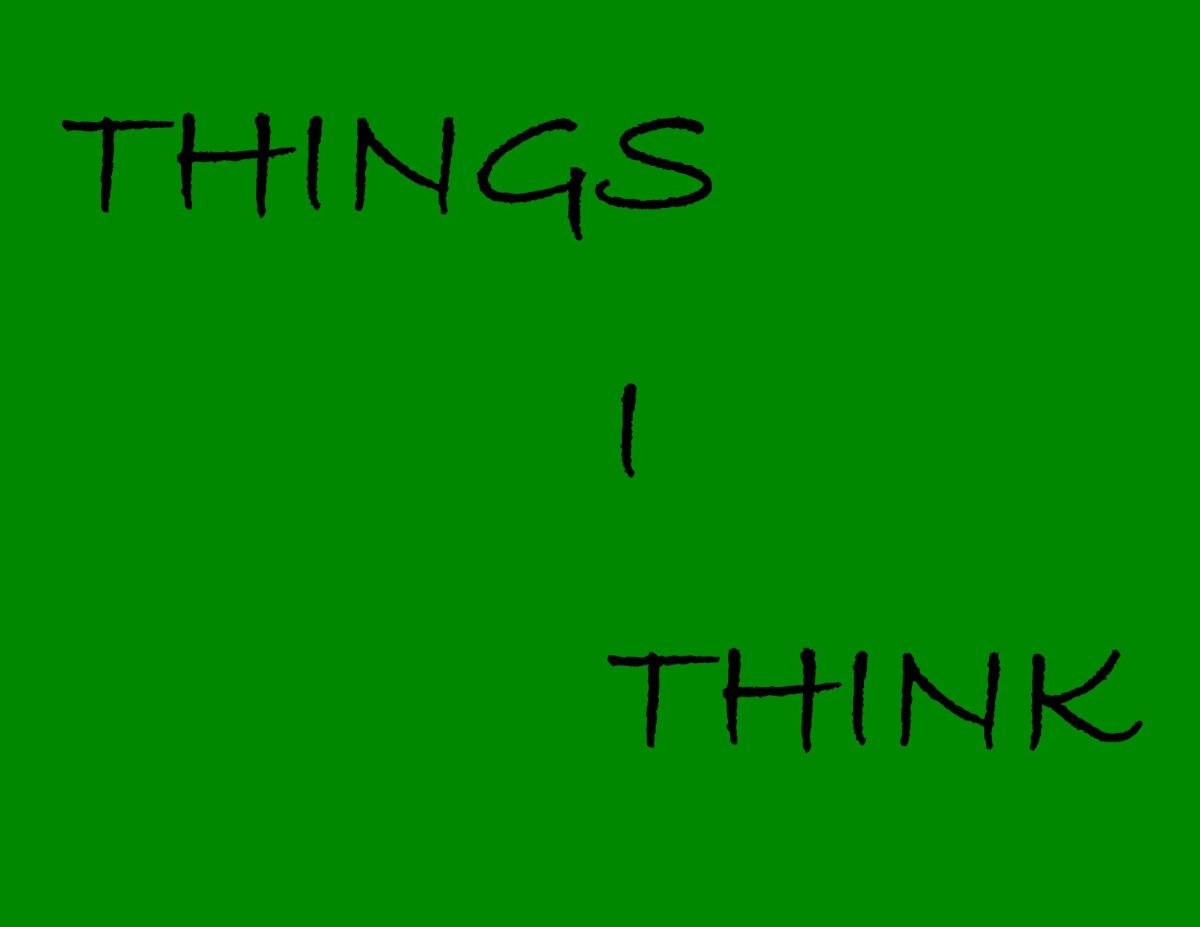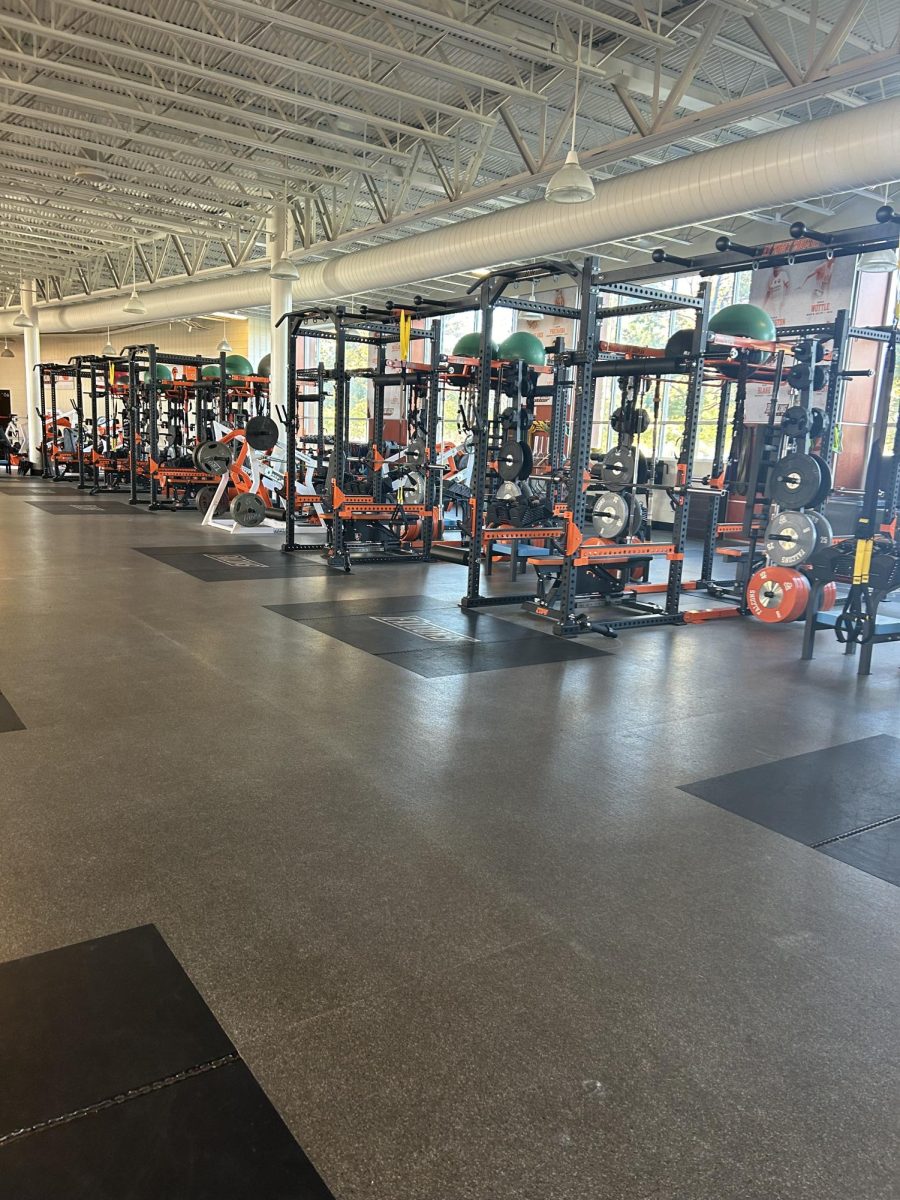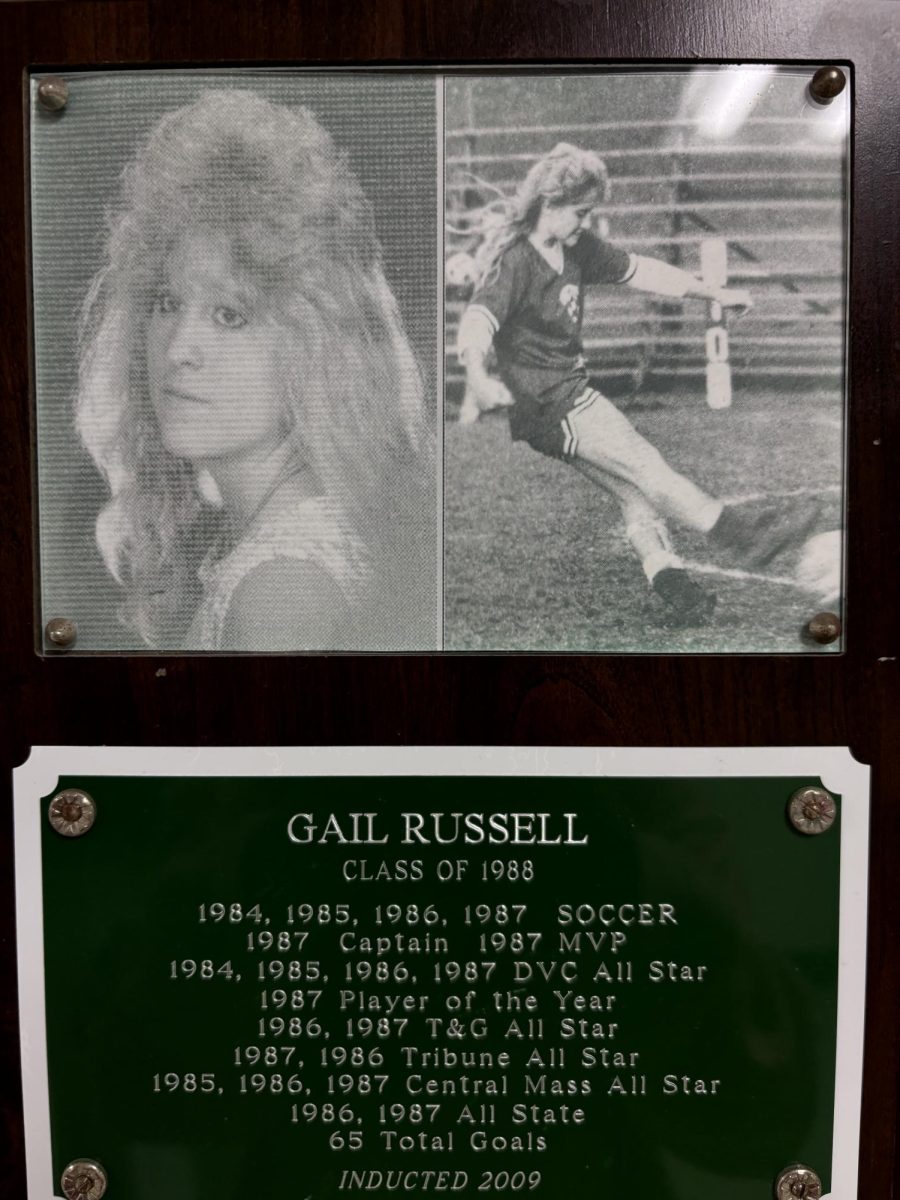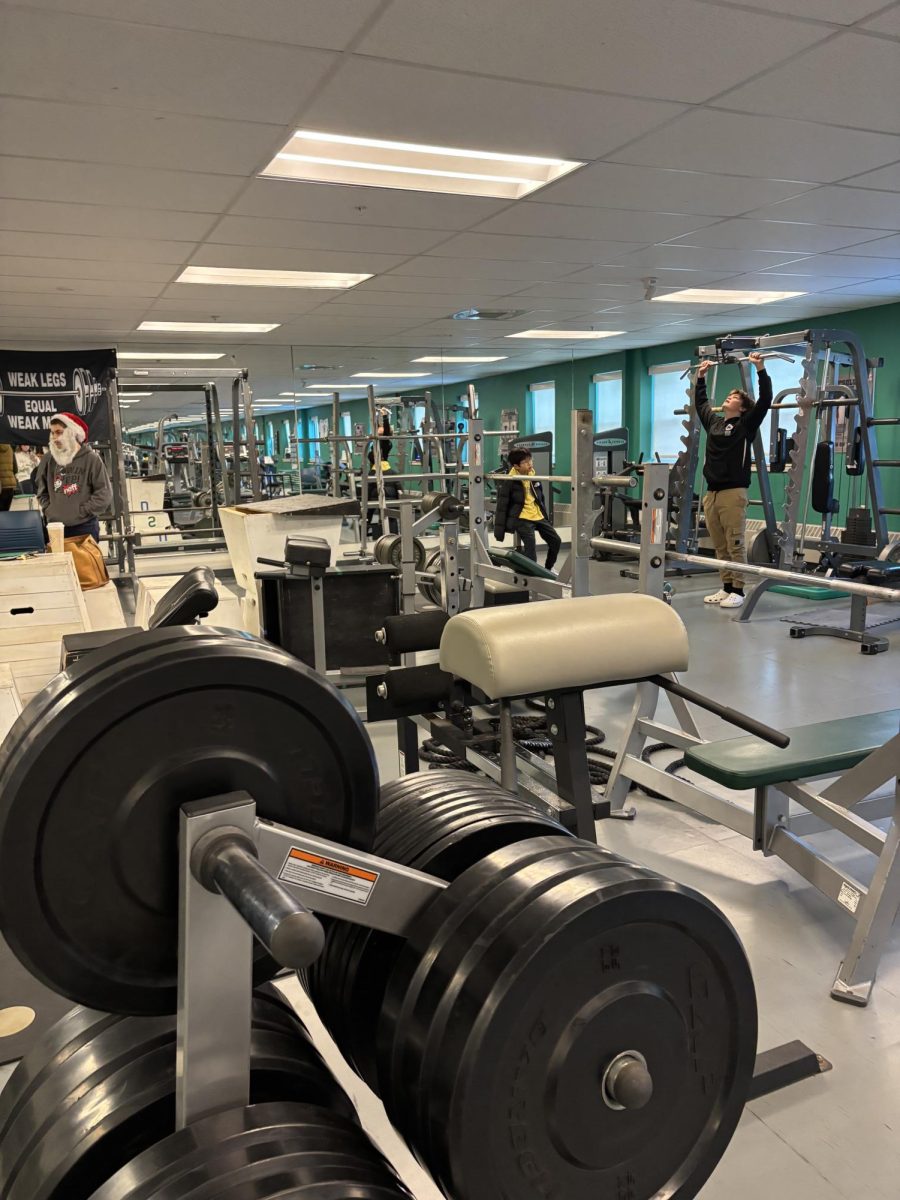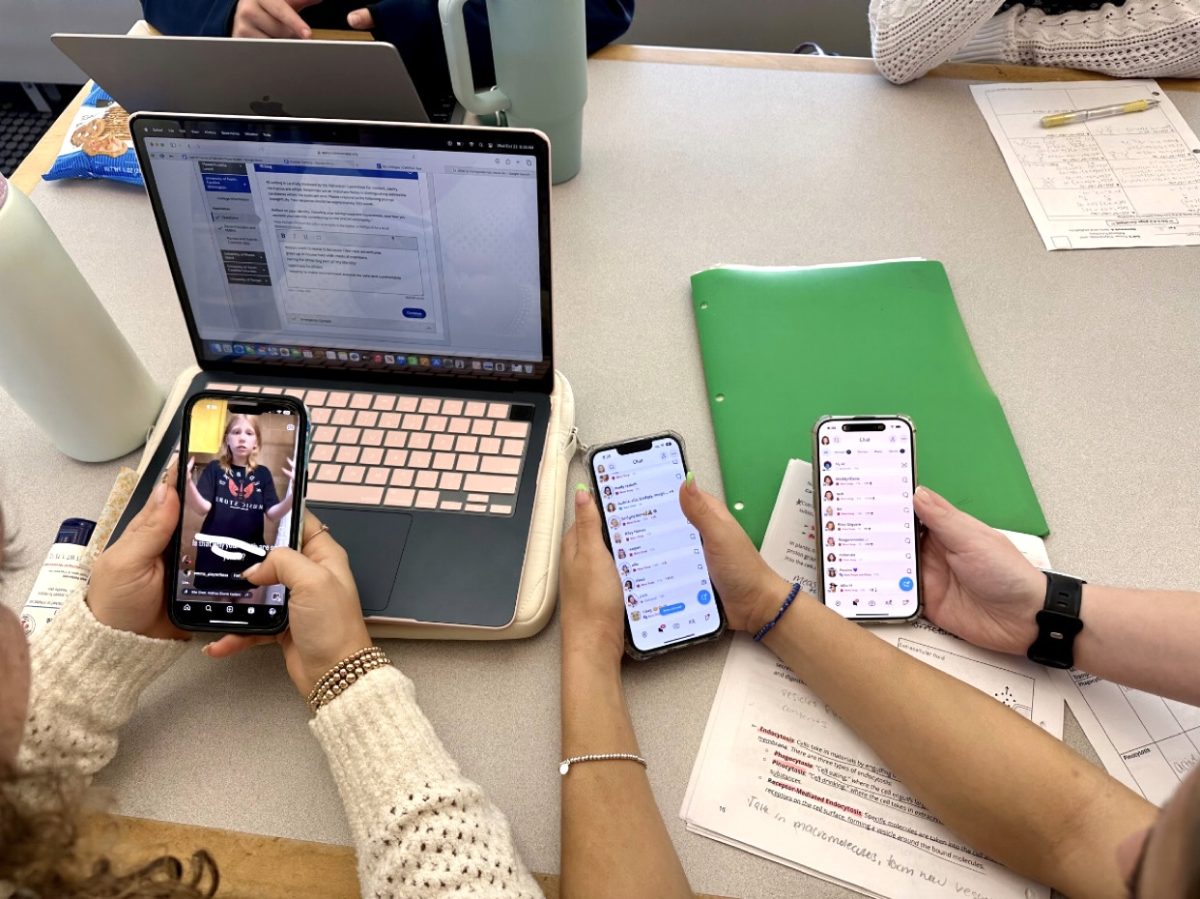Dear America: Put Down Your Phone, And Talk Face-To-Face
As we become further entrenched in the age of social media, we should attempt to every once in a while, go back to face-to-face talks.
May 17, 2023
As we advance further in technology and more things become a finger press away, we also stray further from one of the core principles humans have been built on for centuries: we are social, face-to-face creatures.
The technological boom that has surfaced throughout the core of social media has made us drift away from face-to-face communication to constant texting over applications such as Snapchat, TikTok, and Instagram.
Talking face-to-face is a skill we as humans are starting to lose over time. Talking in person builds stronger bonds both mentally and physically. Talking in person can also show that you value the other person and boost the effectiveness of the conversation. Talking over text, whilst more convenient, is also less effective at getting the emotional connect that a normal conversation brings between two old friends.
The age of social media has brought us convenience at the cost of an alarming decline of mental health through young people. There’s a difference between talking to someone online through a screen and talking to someone face-to-face. When people text each other through screens, there is a more likely chance that they will say mean things towards each other, which brings up another topic which is Cyberbullying, but it can also bring up more serious mental health issues such as anxiety, low self-worth, and depression.
When online communication takes place, the emotional connection we feel as if we were talking to someone right in front of us is not there. When people are talking to a screen, sometimes they tend to treat the person who they’re communicating with as a screen. Not only is social media bad for this, but constantly comparing yourself to others on the platform could cause serious low self-esteem which could indirectly affect your friendships or even relationships.
I’m not saying that social media is completely terrible– as it has many positive effects that make our life much easier and magnitudes more convenient. Being able to contact someone effortlessly and easily at the touch of a button is extremely beneficial to people who live long distances apart from one another or need to get a quick word off fast. Social Media can also build friendships and make them even stronger, whilst even gaining you more and new friends.
I think that the bottom line is that it’s important to understand that like everything else, social media is good in moderation. I mean, I would be lying to you if I didn’t say I also am guilty of using social media to communicate with my friends excessively. I believe, however, that the level of satisfaction and overall happiness that a face-to-face conversation brings over a screen, outweighs the positive effects Social Media has.
A good balance to this issue could and should be that we use social media moderately to connect with one another, but not mindlessly for hours a day. Maintaining a healthy balance between reality and the screen could really help people that are struggling with addiction to social media, the anxiety that comes from social media, and possibly even the rare cases of depression from it.
That brings up another good point into why we should talk more in person; excessive use of social media has spread wide and too far, and now many teens and even adults have multiple hours of being on social media apps daily. This level of use can prove to be unhealthy as individuals may develop anxiety, low self-esteem, depression, addiction to social media, and social interaction issues.
It’s not helping either that now it’s becoming even more accessible to kids at a young age, which inevitably leads to them being hooked for life.
As much as it’s not our generation’s fault for this occurrence, I believe that some responsibility lies on the parents, especially the ones raising very young children who can now be seen on social media as early as eight years old. As wrong as it is for a child to be on social media at that age, the companies that run the applications have no real procedures to stop young children from entering the social media world at a young age. Because of this, parents should be more involved in what their children are doing on the internet at a young age. Correcting them before they grow older is crucial to developing strong social skills that are naturally given from talking and communicating with other people in person.
But even if you’re older, it’s never too late to put down this article and your phone and go enjoy the beautiful outdoors with some friends. The only way that we’ll be able to break free from the grip social media has on our interactions is to start at square one, which is heading back to reality from the land of text messages and endless scrolling.


